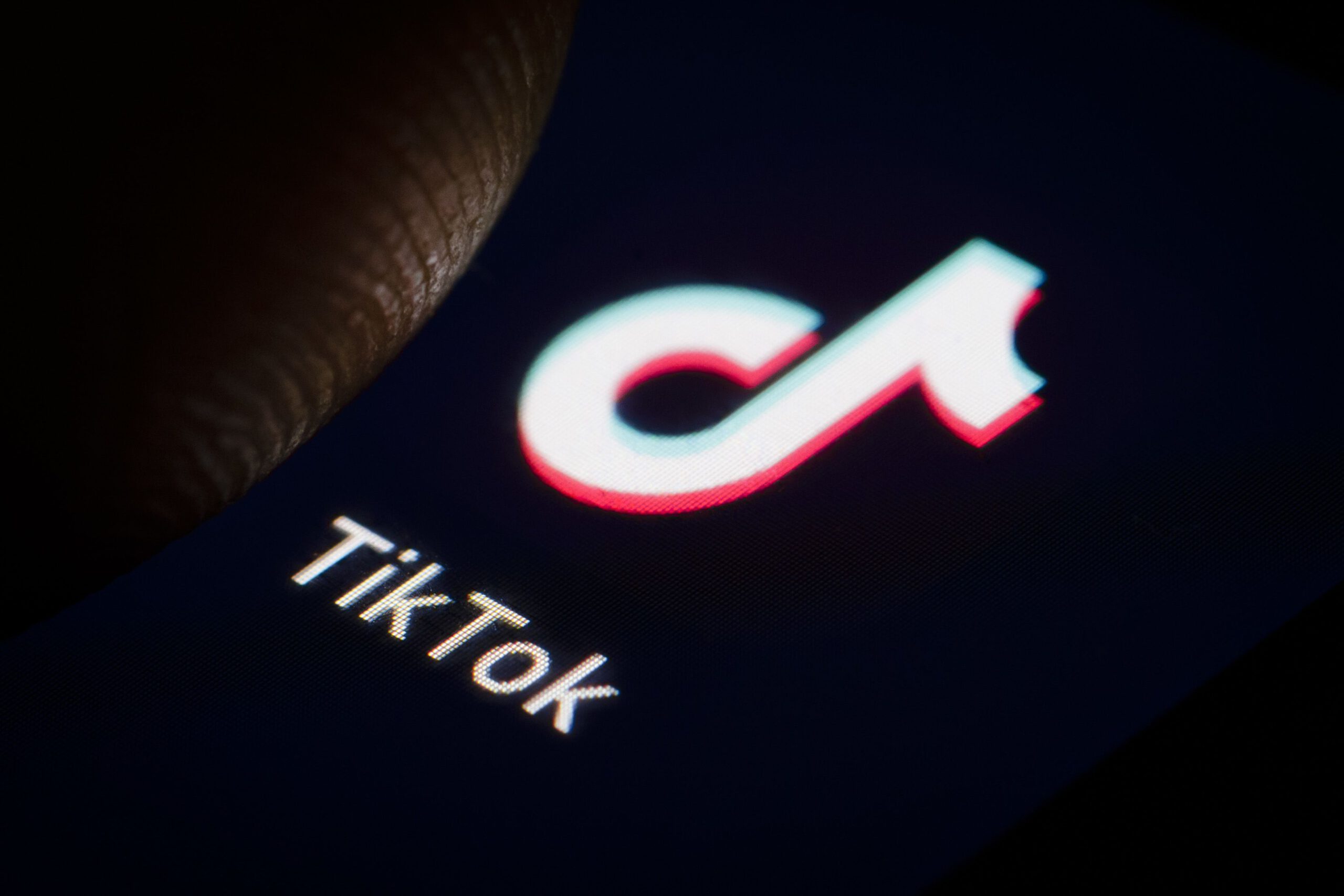![Telekom Malaysia should never be allowed as National 5G Infrastructure Provider [Opinion]](https://www.malaysiainternet.my/wp-content/uploads/2019/12/telekom-malaysia-packetone-p1-cut-already.jpg)
Telekom Malaysia (TM), the Internet Service Provider that denies being a monopoly, but has close to a 90% fixed broadband market share in Malaysia, now wants to be the National Telecommunications Infrastructure Provider (NTIP) in the country.
The largest fixed line Telco is already advertising itself as the National Telecommunications Infrastructure Provider for 5G despite the Malaysian Government has yet to award any 5G license.
In its response to the recent MCMC Public Inquiry on Spectrum (700Mhz, 2300Mhz, 2600Mhz) TM said the following:
“TM intends to be the fully converged National Telecommunications Infrastructure Provider for 5G (InfraCo) and will provide all service providers equal and fair opportunity to use its network through regulated Open Access Wholesale Service arrangements. The InfraCo model will result in significant improvements in network coverage, quality and low prices to the Rakyat. TM will be the key enabler and driver of national initiatives, especially to facilitate faster adoption of IR 4.0which will help to develop the Malaysian digital economy.”
Below are 3 major reasons (and more) on why TM should never be allowed to be Malaysia’s National 5G Infrastructure Provider, in my opinion:
Zero Accomplishment in the Mobile Industry
More than a decade ago, Telekom Malaysia was once a mobile Telco when it owned part of STM Cellular Communications (Celcom) and TM Touch. Celcom was de-merged from Telekom Malaysia (TM) in 2007 as TM wanted to focus on the fixed line business. I remember at the time, some Celcom senior employees were so excited about the de-merger, as they could finally be “free” from TM.
About 9 years after the de-merger with Celcom, TM changed its mind about the mobile business. It acquired part of Packet One Networks (Malaysia) Sdn Bhd in October 2014 and launched webe (now called unifi Mobile) in June 2016.
At the time of writing, Unifi Mobile is basically a “baby” in the mobile market with barely 1 million subscribers as it learns how to “crawl” despite TM claims to have accomplished a number of things (nothing much in mobile) in its response to the MCMC Public Inquiry.
How could TM be the “National 5G Infrastructure Provider” when it accomplished nothing in 3G and 4G? At the moment, for the past 5 years, TM still can’t deliver a comparable nationwide 4G LTE coverage for its own Unifi Mobile service.
With such poor track record in building a mobile network, especially its own 4G mobile network, TM now wants to build the National 5G Infrastructure for other well established mobile Telcos such as Maxis and Celcom Axiata. This could be a disaster for consumers and the entire mobile Industry.
Life Made Super Difficult with Telekom Malaysia (TM)
Talking about “track record”, TM broadband/Internet services are known for the following:
- Highest number of customer complaints in the Telco Industry, every year
- Unscheduled outages
- Takes up to weeks to fix broadband outages/issues
- Expensive unlimited fixed broadband plans (it was more expensive last year until the new KKMM Minister had to insist on price reduction or TM would have continued charging those old prices for the next decade.)
- Up to 23-months termination fee – the most expensive, unrealistic broadband termination fee for consumers in Malaysia
- Poor customer service
TM had been in business for decades, but it still can’t get simple things right for Malaysians.
In my opinion, TM is one of the main reason why consumers can’t enjoy faster mobile Internet speeds on their smartphone. While TM is a nobody in the mobile Industry, it has the most extensive fiber coverage nationwide, more than 540,000km of fiber and these are crucial to wire up thousands of base transceiver stations (BTS) across Malaysia. Indirectly, this affects mobile phone users as Mobile Telcos can’t reduce cost of mobile Internet plans because they have to pay a huge sum of fee to access TM’s fibre network, which, of course its not a monopoly, but its the only fibre connection available at a number of places throughout the country, especially outside the city.
Last year, MCMC said that only 40% of the base transceiver stations (BTS) throughout the country is wired with fibre. This means only a limited number of places in the country could truly deliver super fast mobile Internet speeds. If access to TM’s fibre network are affordable, why only 40% of the country’s BTS are wired, why not 100%? Even mobile Telcos appears to have a hard time with TM.
HSBB is a Failure
The High Speed Broadband (HSBB) project has been a failure for consumers since Day 1 in 2010. Its called a national project, there were more than 10 ISPs at the time but only Telekom Malaysia (TM) and the Malaysian Government are part of HSBB. Yet, this is not called a monopoly?
About 9 years later, only a few providers have signed up to ride on the HSBB network to offer fixed broadband services but this was very recent (in the past 1 year) as TM’s had no choice but to reduce access pricing. In 2014, the then Maxis CEO, Morten Lundal said it was challenging to work with TM.
Why HSBB is a failure:
- Other Telcos took years to participate in HSBB due to high cost and the difficulty to work with Telekom Malaysia (TM).
- About half of the HSBB network are not being utilised. There are supposedly close to 3 million HSBB ports available nationwide but only about half of the port are being utilised (mainly 1.37 million on Unifi, 344k Maxis Fibre). There’s high demand for fixed broadband service in the country but there are many complaints from consumers who claims that no new ports are available for their home, in prime areas. So where are these empty HSBB ports located, in the jungle?
- Poor technical support from TM- Since Telcos have to depend on TM to resolve HSBB network issues, customers are left without Internet connection for weeks. An appointment with a Telekom Malaysia technician may take a week or two, that’s how slow they work even until today. Personally, in my own experience, it took a TM technician over 4 hours to get me a HSBB port (scheduled appointment for installation) but it stopped working one month later and fixed only after two weeks.
- Network Upgrades are Prioritised for Unifi customers – Despite calling it a national project, TM had prioritised itself as Unifi customers were 1st to enjoy speeds up to 800Mbps while Astro and Maxis fibre customers were stuck with 30Mbps and 100Mbps in 2018.
700Mhz Spectrum should be given to Smaller Telcos:
As TM brags on the 5G that it is deploying for just test purposes, Telcos such as Digi and U Mobile are struggling right now to deliver better 4G mobile experience to existing customers. Digi has the most mobile subscribers in the country at 11.33 million while U Mobile customers use an average 15.4GB mobile Internet a month, the highest usage compared to Celcom, Maxis and Digi customers (according to U Mobile Public Inquire response to MCMC).
The reason why I talk about Digi and U Mobile here is because these Telcos have less spectrum (less than 100Mhz) compared to Maxis and Celcom. Digi and U Mobile also don’t have big budget on network spending. In my opinion, Digi and U Mobile should be awarded all the 40Mhz (2x20Mhz) in the 700Mhz band. Here’s why:
- 700Mhz could help Digi and U Mobile match the 4G network coverage of Maxis and Celcom in a short period of time.
- As a consumer, I want Maxis and Celcom to continue building a high quality mobile network using the 2600Mhz, 2100Mhz and 1800Mhz bands. I don’t think 700Mhz will help these two Telcos achieve that due to the limitation of bandwidth in 700Mhz (average Internet speeds).
- I don’t think TM and YTL (Yes4G) deserve any spectrum in the 700Mhz band as these Telcos have a very small subscriber base. TM also has access to 850Mhz which it has yet to fully utilise for nationwide coverage while Yes4G has access to 800Mhz (unknown how they got it).
In summary, I don’t want Telekom Malaysia to work on 5G networks at all. Instead it should focus at repairing its reputation, restructure the company (the new CEO is sleeping) and make fixed broadband accessible/affordable to all Malaysians, regardless of where they are.
If it wants to continue the #SyokSendiri attitude, then please stop using the name of our country. Malaysians don’t need a lousy Internet Service Provider.
This is an opinion.












![Refreshed Maxis Satu Plans but…. [Opinion]](https://www.malaysiainternet.my/wp-content/uploads/2016/04/thumbs-down.jpeg)
![What I think about webe 4G LTE [Opinion]](https://www.malaysiainternet.my/wp-content/uploads/2016/05/webe-850-app.jpg)
![Yes 4G – Worse than 3G, Poor Coverage & Lousy Customer Service [Opinion]](https://www.malaysiainternet.my/wp-content/uploads/2016/07/Yes-4g-lte-double-double.jpg)

1 Comment
HI
I TOTALLY AGREE THAT tm SHOULD NOT BE ALLOWED TO MONOPOLIZE THE BROADBAND SERVICES BECAUSE THAT IS THE REASON (TOTAL LACK OF COMPETITION) WHY THEIR SERVICE IS SO BAD AND INEFFICIENT.
BECAUSE OF THE MONOPOLY THEY HAVE A TAKE IT OR LEAVE IT ATTITUDE
THE DAY THE MARKET IS OPENED UP TO OTHER SERVICE PROVIDERS , BROADBAND SERVICE IN THIS COUNTRY WILL IMPROVE
I HAVE BEEN WAITING FOR UNIFI TO REACH MY AREA IN SEREMBAN FOR 10 YEARS ,FINALLY I GAVE UP AND USING CELCOM ,NOTHING GREAT BUT BETTER THAN NON FUNCTIONING STREAMYX